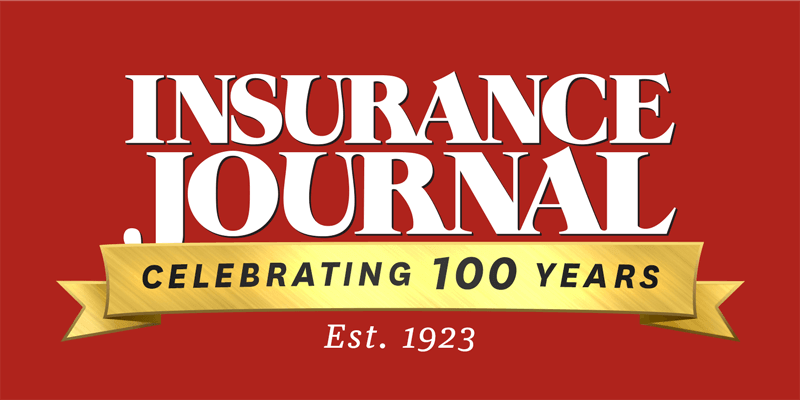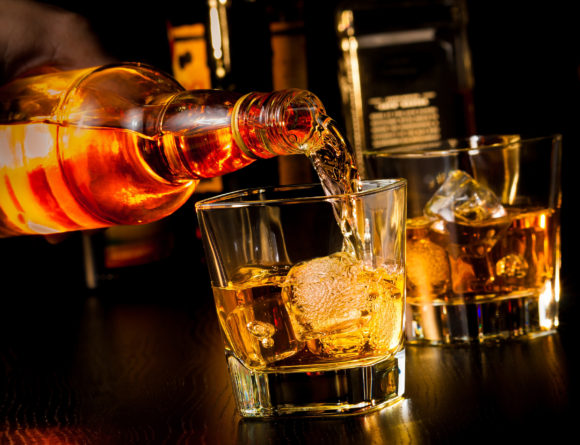The Pennsylvania Supreme Court has declined to extend the state’s liquor liability law to social hosts. The high court cited a half-century of precedent in upholding lower courts in a case where an employer hosting a golf outing for employees was found not responsible for the actions of an intoxicated employee who injured someone in a car accident.
The plaintiff injured in the accident, David Klar, argued that the employer, Dairy Farmers of America (DFA), should be subject to the dram shop liability provisions of the liquor code in part because DFA collected funds from employees to help offset the cost of the event. Klar asserted that DFA should be held liable due to its acts of “furnishing, serving and providing” alcohol to the employee who crashed into him when DFA “knew or should have known” that the employee was “visibly intoxicated and/or a habitual drunkard.”
DFA argued that it could not be held liable for Klar’s injuries because it was not a “licensee” for purposes of the liquor code and dram shop act, that it did not take on “licensee status” by virtue of the funds it collected to pay for the golf outing, and that it was instead merely a “social host” that was not responsible for the actions of its guest.
The Supreme Court and lower courts agreed with DFA. The high court affirmed that the dram shop act applies to licensees and not to ordinary citizens sharing the cost of an event or alcohol.
The Supreme Court found that “the expansion of potential civil liability to all persons in this Commonwealth who host a gathering involving alcohol would be a policy decision of vast magnitude, the consequences and costs of which would be significant, widespread, and not entirely predictable. Ordinary people do not undertake the legal duties and social obligations of liquor licensees merely by hosting a party, not even if they purchase alcohol together or reimburse each other for it.”
The dram shop act makes it illegal for “any licensee or the board, or any employe, servant or agent of such licensee or of the board, or any other person, to sell, furnish or give any liquor or malt or brewed beverages, or to permit any liquor or malt or brewed beverages to be sold, furnished or given, to any person visibly intoxicated.” (The old law uses “employe” for employee.]
Klar argued that DFA fell under the “any other person” language but the high court rejected that interpretation. Citing statutory history and the actual language, it held that “any other person,” as used in the dram shop act, refers to persons and entities that fall into the same general category as a “licensee,” the “board,” or “any employe.”
The court said the dram shop act does not apply merely to any person. If the statute were intended to sweep as broadly as Klar suggested, there would have been no reason for the General Assembly to specify particular persons and entities that it sought to regulate, those being licensees, the board, and their employees, servants, or agents.
The collection of money by DFA to help offset costs of the golf tournament did not make DFA a licensee and did not change the equation for the court, which found it to be analogous to the “collective purchase” of alcohol by a group friends, a scenario that courts have not viewed as a “sale” from one member of the group to the others. Had the employer sought to profit from providing the liquor, or engaged in unlawful commercial or quasi-commercial sale of alcohol, the plaintiff might have had a stronger argument.
The court further dismissed the notion that an employment relationship imposes some increased obligation vis-à-vis the provision of alcohol. The court said it found “no common-law basis for such a distinction when neither employer nor employee are engaged in the business of selling alcohol.”
The court also rejected Klar’s common law negligence argument, citing precedent that “in the case of an ordinary able bodied man it is the consumption of the alcohol, rather than the furnishing of the alcohol, which is the proximate cause of any subsequent occurrence.”
While affirming that only licensed persons engaged in the sale of intoxicants can be held to be civilly liable to injured parties, the court added that there may be some merit in holding non-licensees liable. However, “a decision of this monumental nature is best left to the legislature,” the court concluded.
Topics Commercial Lines Business Insurance Personal Auto Pennsylvania
Was this article valuable?
Here are more articles you may enjoy.



 Warren Buffett’s Bet on Mild Florida Storm Season Faces Test With Hurricane Idalia
Warren Buffett’s Bet on Mild Florida Storm Season Faces Test With Hurricane Idalia  3M Agrees to Pay More Than $5.5 Billion Over Military Earplugs
3M Agrees to Pay More Than $5.5 Billion Over Military Earplugs  Rate Hikes Not Bringing Profit to US Auto Insurers: Fitch
Rate Hikes Not Bringing Profit to US Auto Insurers: Fitch  Billion-Dollar Satellite Risks Upending Space Insurance
Billion-Dollar Satellite Risks Upending Space Insurance 

